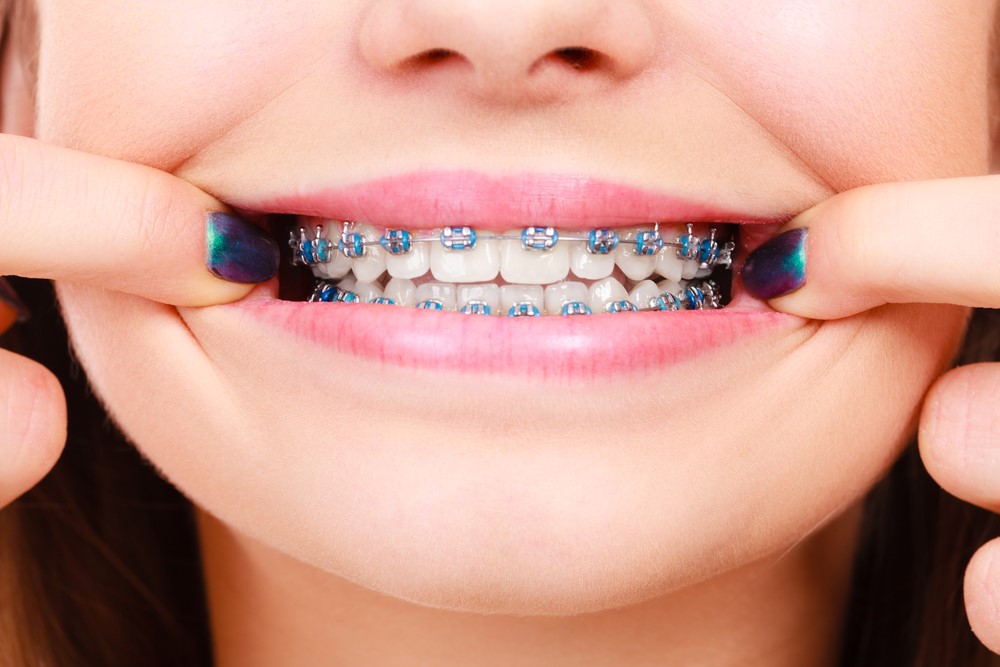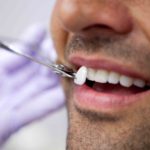Dental health is a very important aspect of a person’s well-being. Maintaining healthy teeth and gums offers countless benefits and ultimately leads to a better quality of life. In fact, the condition of your mouth has also been linked to the state of other parts of the body, as revealed by a 2014 study that established the direct link between gum and heart diseases.
Because of this, it is important that you practice regular and proper oral care and learn about how you can keep your mouth healthy. This means that you must first understand whether certain procedures are needed to maintain your dental health.
There are four dental and medical conditions that can be effectively corrected, alleviated, or remedied by dental braces, as shared below.
1. Malocclusion or Bad Bites
A person’s bite, medically referred to as “occlusion,” describes the ideal alignment and positioning of the teeth when they come in contact with each other. It is determined based on the position of the first molars, which serves as the reference point of a person’s bite.
Braces help correct malocclusion, or the misalignment of the upper and lower teeth arches. According to the classification method developed by the father of orthodontics, Dr. Edward Angle, there are three types of teeth misalignment:
- Class I bite – This type of misalignment is characterized by minor spacing or crowding of the teeth and is deemed the ideal position of the upper and lower sections of a person’s choppers.
- Class II bite – Also called “overbite,” this type of misalignment of the teeth involves the lower first molar leaning more towards the back of the mouth. It is also characterized by a forward-protruding maxilla (upper jaw) and has two subclasses which describe the position of the upper front teeth.
- Class III bite – This type of teeth misalignment is more commonly called an “underbite,” a condition where the mandible (front jaw) is protruding forward. It can also be identified with the help of an anterior or front-leaning first molar.
2. Speech Issues
Orthodontic braces have also been found to be an effective treatment for some cases of speech impediments. Believe it or not, there are many speech-related problems that are caused by misaligned teeth or jaws, as some sounds are made with the tongue resting against the teeth.
Lisps, for example, are often caused by an overbite. The whistling sounds come from gaps in the teeth while slurring may be a result of misalignment of the jaw. If you are having issues with forming “s,” “t,” or “ch” sounds when speaking, you might have an issue with your front teeth.
Fortunately, orthodontic treatment has been found to be effective in correcting such issues by adjusting the teeth and jaw to their ideal position for optimal speech.
3. Sleep Apnea
Orthodontists play an important role in treating sleep apnea. In fact, people who snore or struggle to breathe in their sleep may find comfort in the thought that oral appliances can provide quick relief from their sleeping problems.
Some patients suffering from sleep apnea have abnormally small jaws, leaving little room for a standard set of teeth. To remedy overcrowded teeth, orthodontists found that gentle aligners like Invisalign can help fix the situation by creating more space to accommodate the number of teeth and, more importantly, the tongue.
It is important to note, however, that while oral devices can help alleviate the problem, it cannot change underlying structural problems that cause sleep apnea or snoring.
4. Periodontal Disease
Periodontics and orthodontics work together to treat periodontal disease, a condition that affects the gums and the bone that holds the teeth. Before having dental braces installed (or any other oral appliance, for that matter), you must first consult your periodontist. Only after the infection is regulated should an orthodontist perform the treatment for better, long-lasting results.
Braces for Bright Smiles and Beyond
Before undergoing treatments like the removal of wisdom teeth and installation of orthodontic braces, consulting experts about your specific health conditions is necessary to make sure the treatment is effective. Aside from the conditions mentioned in this article, there are other diseases and issues that braces can help you with, so long as you get a check-up first and get the right orthodontist to do the job.
AUTHOR BIO
Dr. Zul Paliwalla is the General and Cosmetic British Dentist at NOA Dental Clinic, specializing in smile-related concerns. With over 33 years of experience in the UK, Dr. Zul has successfully worked on and improved many internationally recognized smiles. He is a certified Invisalign® GOLD provider as well and has brought his elite expertise to Dubai not only to enjoy the sun, sea and sand, but also to offer his brand of personalized smile makeovers.











